15 Foods My Grandma Says Really Help with Constipation
Constipation is uncomfortable, and many of us have experienced it at some point. Fortunately, there are natural ways to get things moving again. My grandma, who knows her remedies well, always talks about certain foods that can help ease constipation. These foods are easy to find, healthy, and can work wonders for digestion.
Prunes
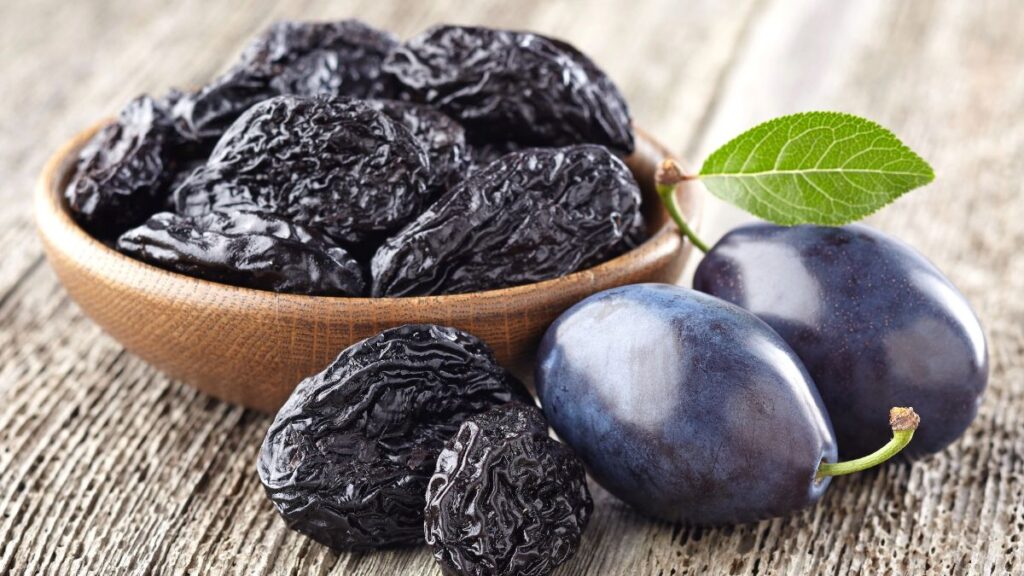
Prunes are a classic remedy for constipation and for a good reason. They are rich in fiber and contain a natural laxative called sorbitol. Eating prunes or drinking prune juice can help soften your stool and make it easier to pass.
My grandma suggests eating 3-4 prunes daily to see results. Prunes are also packed with vitamins and antioxidants, making them a great addition to your diet. Try adding them to your breakfast or snack time for better digestion.
Apples
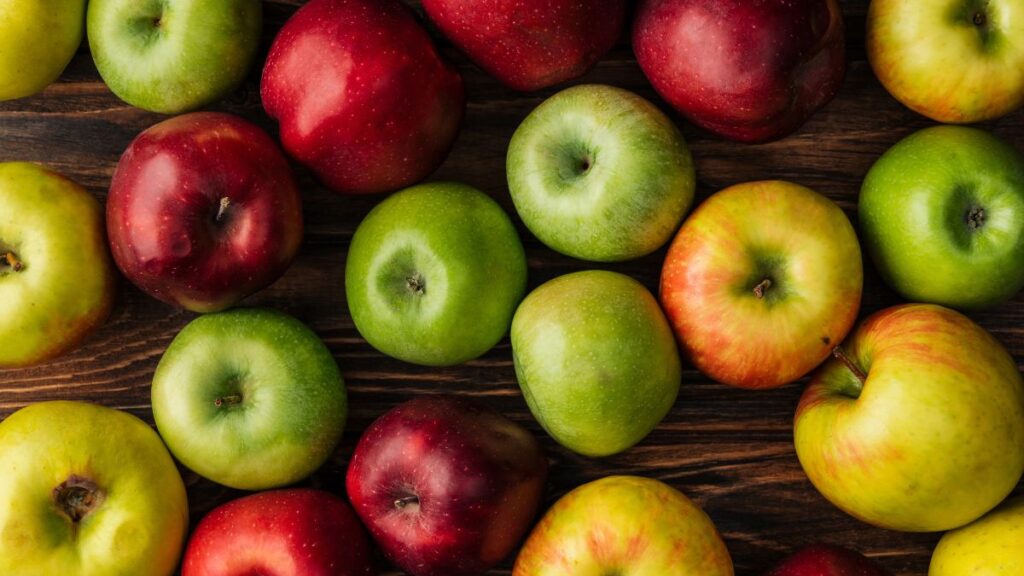
An apple a day may keep constipation away! Apples are rich in soluble fiber, especially a type called pectin, which helps increase stool bulk. They are also full of water, which keeps you hydrated and aids digestion.
My grandma recommends eating apples with the skin for the best benefits. You can enjoy apples as a snack or slice them into your salads. Plus, they are delicious and widely available.
Pears
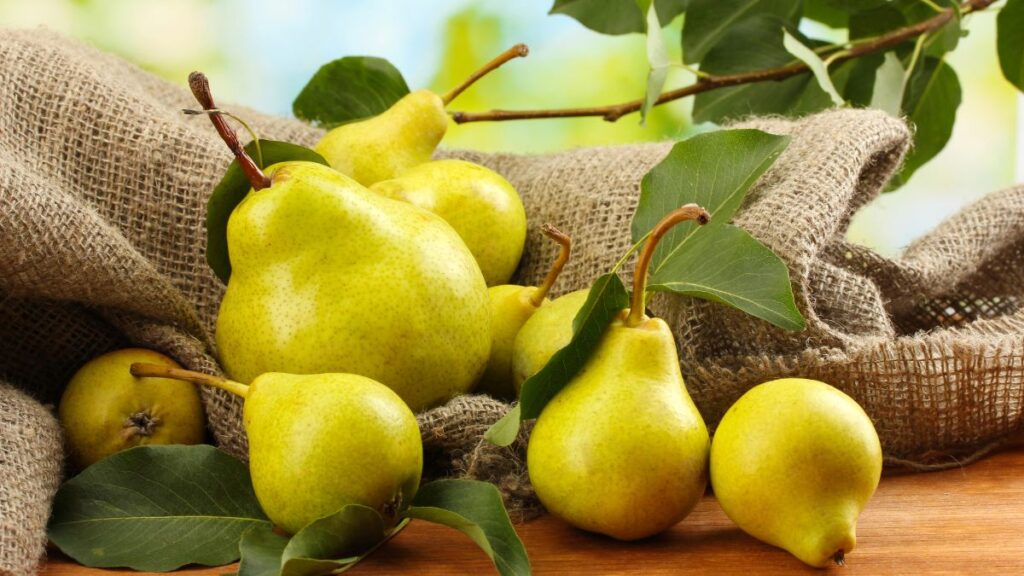
Pears are another fruit my grandma always mentions for relieving constipation. Like prunes, they are high in fiber and contain sorbitol. Eating pears can help soften your stools and ease bowel movements.
Pears also contain vitamins and minerals, making them a healthy and refreshing snack. Grandma often suggests eating them raw or adding them to yogurt or cereal. Keep the skin on, as that’s where most of the fiber is.
Oats
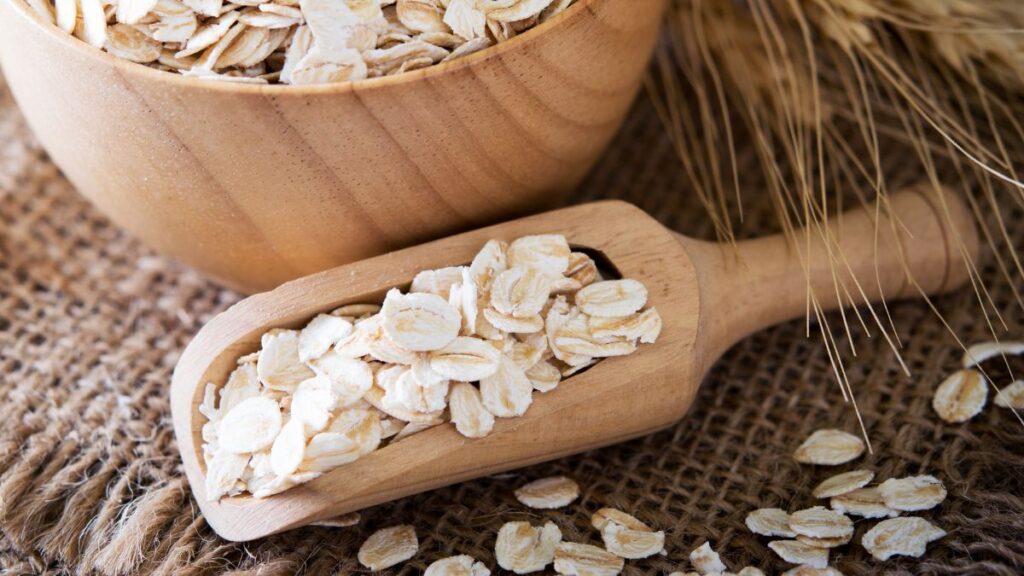
Starting your day with a bowl of oats can do wonders for your digestion. Oats are packed with soluble fiber, which helps form softer stools. My grandma recommends making oatmeal in the morning and adding fruits like berries or bananas to boost fiber.
You can also sprinkle flaxseeds or chia seeds on top for an extra digestive boost. Oats are good for your gut and keep you full longer, making them a great breakfast option. They are also versatile and can be used in smoothies or baked goods.
Flaxseeds

Flaxseeds are tiny but mighty when it comes to relieving constipation. They are a rich source of both soluble and insoluble fiber, which helps add bulk to your stool and promotes regular bowel movements. My grandma suggests grinding flaxseeds and sprinkling them on your yogurt, oatmeal, or salads.
You can also mix them into smoothies for an extra fiber boost. Just be sure to drink plenty of water when you consume flaxseeds, as they absorb liquid and help soften stools. A tablespoon a day is usually enough to get things moving.
Figs
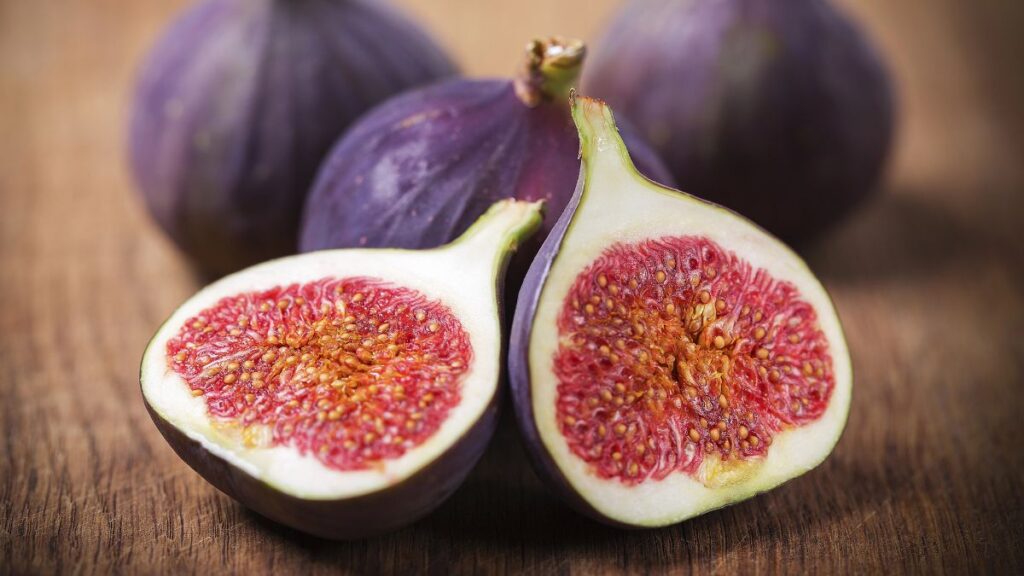
Figs are not just delicious but also highly effective in easing constipation. They are packed with fiber and contain enzymes that help with digestion. My grandma often suggests eating dried figs, as they have concentrated fiber.
Figs can be eaten on their own or added to various dishes, from salads to desserts. A few figs a day can help make your bowel movements more regular. Plus, they are naturally sweet, so they make for a tasty treat.
Sweet Potatoes
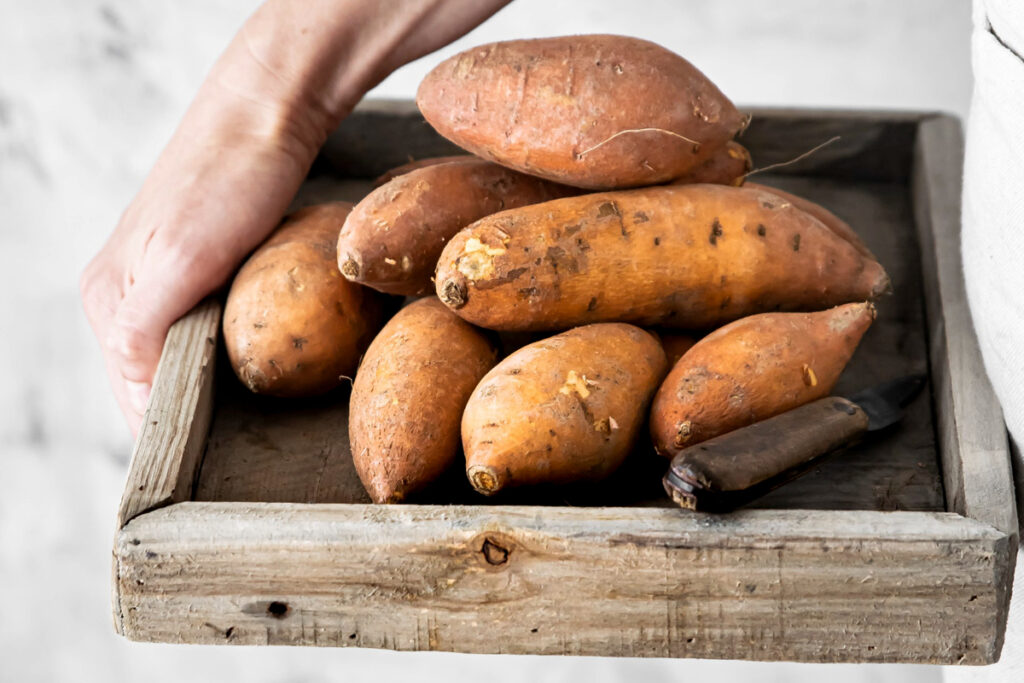
Sweet potatoes are not only nutritious but also great for digestive health. They are rich in soluble and insoluble fiber, which helps bulk up stool and promoting regularity. My grandma suggests baking or steaming sweet potatoes as a side dish or adding them to salads.
You can also mash or roast them for a delicious, fiber-rich snack. Sweet potatoes are gentle on the stomach and perfect for those who need help with constipation. They are also loaded with vitamins and antioxidants.
Spinach
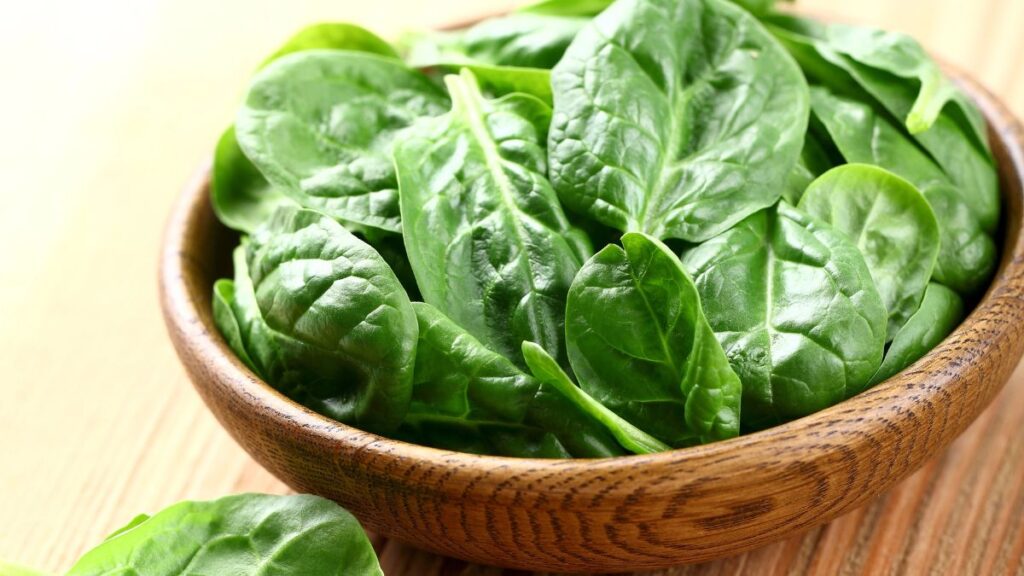
Spinach is a leafy green that my grandma always recommends for improving digestion. It’s high in fiber and water content, making it an excellent food to help ease constipation. Eating spinach regularly can soften your stool and make it easier to pass.
You can enjoy spinach in salads, smoothies, or lightly sautéed as a side dish. Spinach is also rich in essential vitamins and minerals, which promote overall gut health. My grandma loves adding a handful of spinach to her daily meals for a digestion-friendly boost.
Chia Seeds
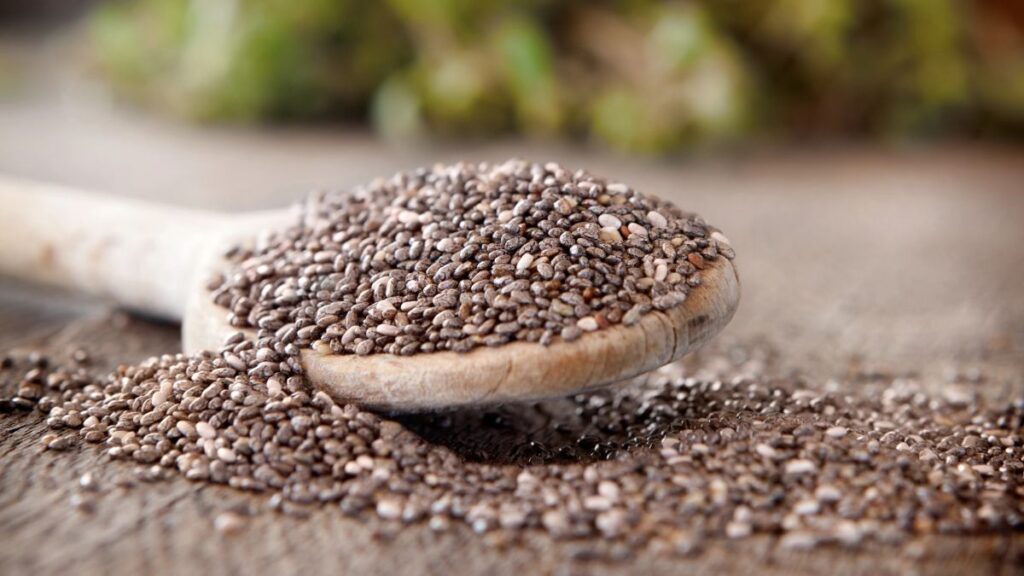
Chia seeds are a fantastic source of fiber and omega-3 fatty acids, which help keep your digestion on track. When mixed with water, chia seeds form a gel-like substance that softens your stool and makes bowel movements easier.
My grandma often adds chia seeds to her morning smoothies or oatmeal. You can also make chia seed pudding for a healthy snack. Just be sure to drink enough water when consuming chia seeds, as they need moisture to expand and work effectively. A tablespoon a day can make a big difference.
Whole Wheat Bread
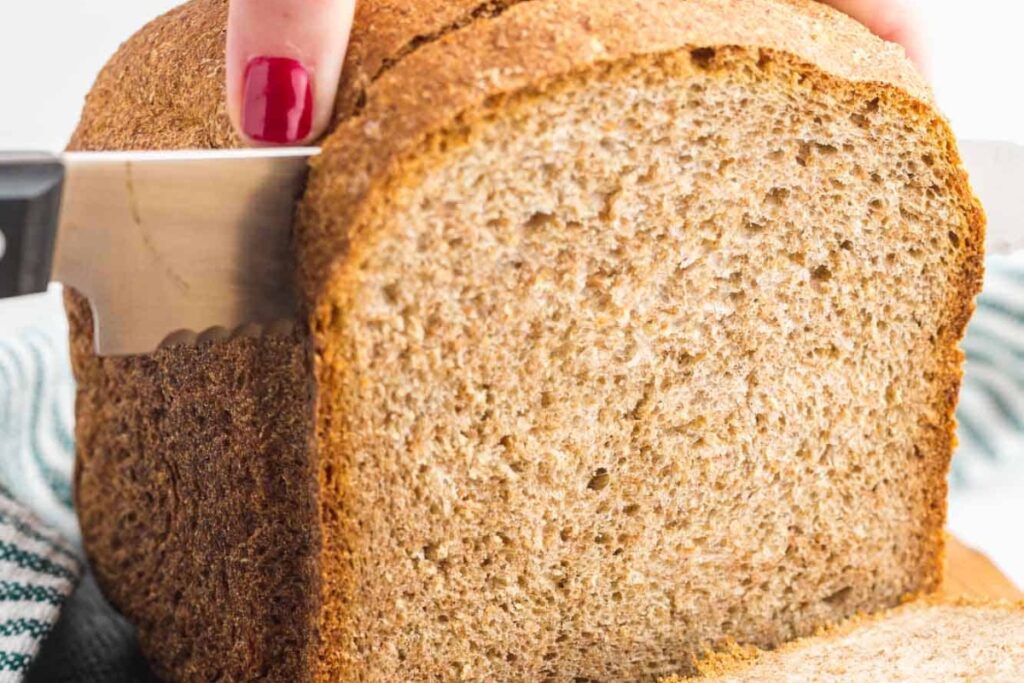
If you’re struggling with constipation, switching to whole-wheat bread can help. Whole grains are high in fiber, which aids in digestion and helps move things along. My grandma always tells me to choose whole wheat over white bread because it keeps your gut healthy.
You can have whole wheat bread with your meals or toast with your favorite spread. The fiber in whole wheat promotes softer stools and easier bowel movements. Plus, it’s a simple switch that can make a big difference in your digestive health.
Beans
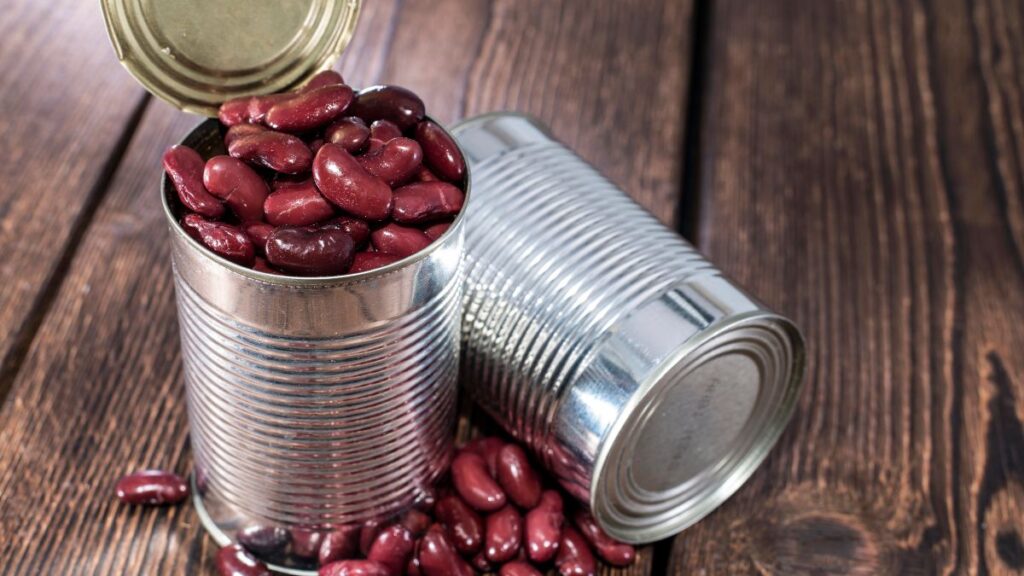
Beans are one of the best sources of fiber and are great for constipation relief. They contain both soluble and insoluble fiber, which helps bulk up stools and make them easier to pass. My grandma often makes a pot of lentil or black bean soup to help digestion.
You can add beans to salads, soups, or stews for extra fiber. Remember to drink plenty of water when eating beans to avoid gas or bloating. They are a delicious and affordable way to keep your digestion healthy.
Bananas
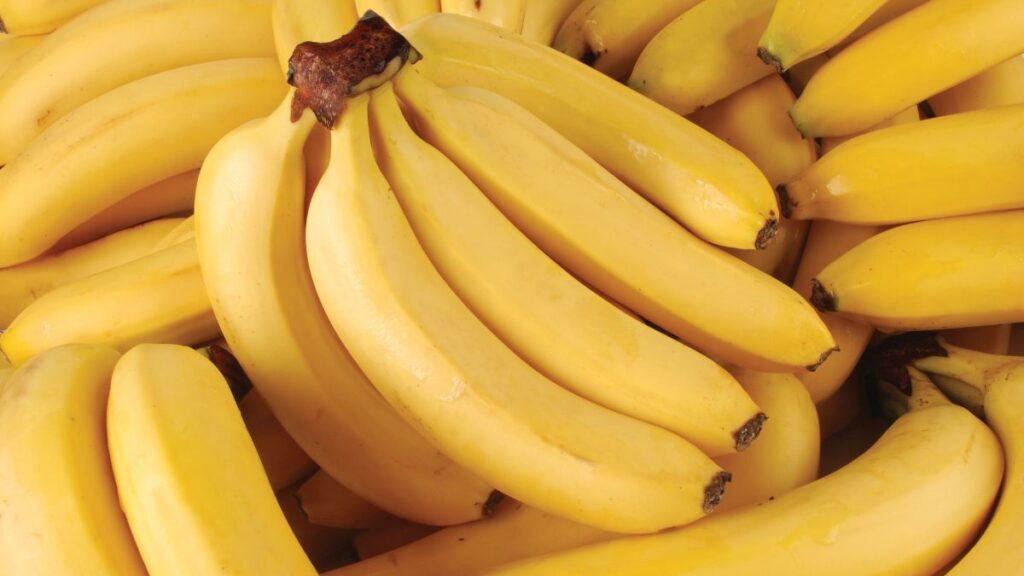
Bananas are a favorite snack for my grandma, and they can also help with constipation. They are rich in fiber, especially pectin, which helps regulate digestion. Ripe bananas are the best choice if you’re looking to ease constipation.
They are gentle on the stomach and can help soften your stool. My grandma recommends eating one banana a day to keep things moving smoothly. You can enjoy bananas on their own or add them to smoothies and cereals for a quick digestive boost.
Oranges
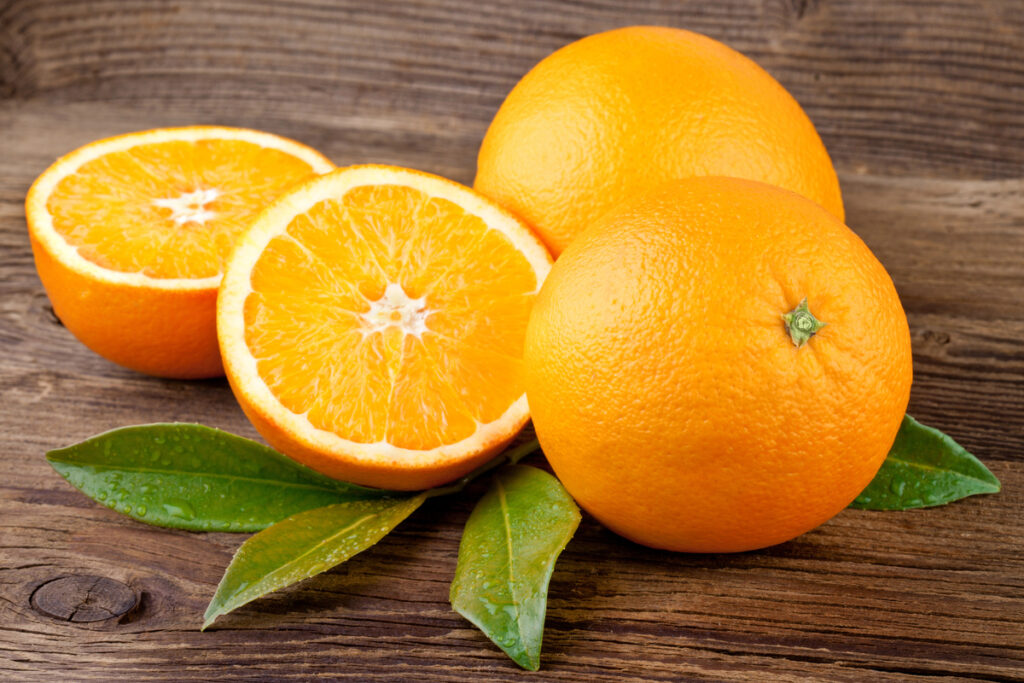
Oranges are refreshing and full of fiber and water, both of which help relieve constipation. The natural sugars in oranges also promote gut health. My grandma always tells me to eat the whole orange instead of just drinking the juice, as the pulp contains the most fiber.
Oranges make for a great snack or addition to salads. They are easy to carry and a perfect option for a digestion-friendly snack on the go. A daily dose of oranges can help you stay regular.
Yogurt
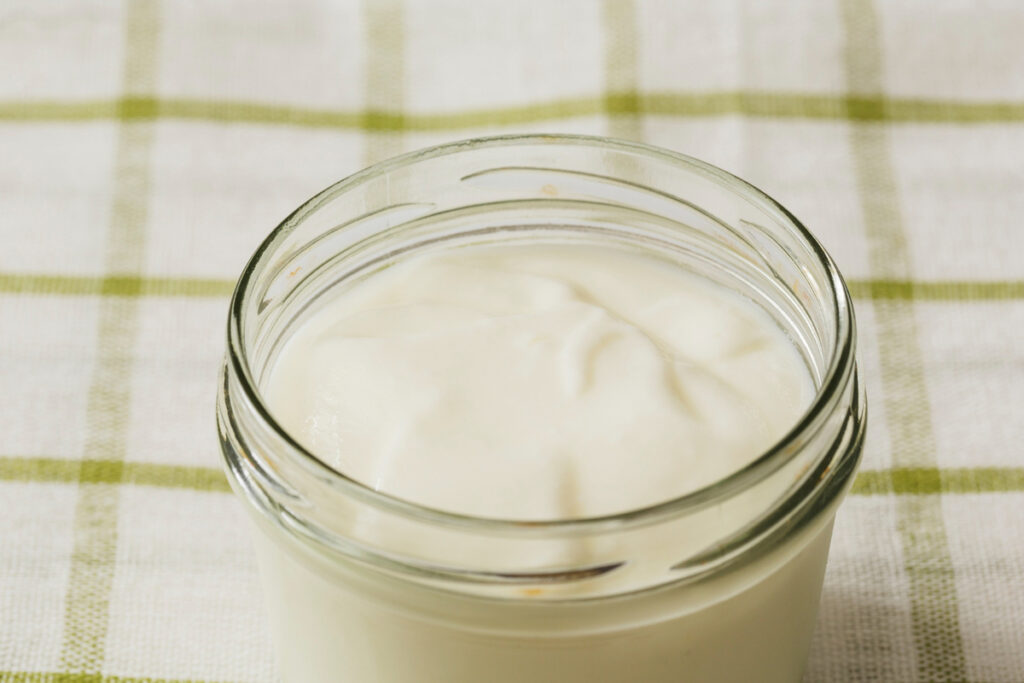
Yogurt is packed with probiotics, which are beneficial bacteria that help improve gut health. My grandma always suggests eating plain yogurt with live cultures to promote better digestion. The good bacteria in yogurt can help balance your gut flora and improve bowel movements.
You can enjoy yogurt on its own or mix it with fruits for an extra fiber boost. It’s a gentle and effective way to prevent constipation. For the best results, choose yogurts without added sugars.
Water

While not technically a food, water is one of the most important factors in preventing constipation. Dehydration is a common cause of constipation, and drinking enough water can help soften stools and make bowel movements easier. My grandma always emphasizes drinking plenty of water throughout the day, especially when eating high-fiber foods.
Aim for at least eight glasses of water a day to keep your digestion running smoothly. For extra flavor and hydration, add a slice of lemon or cucumber. Staying hydrated is key to preventing constipation and keeping your gut healthy.
15 Pizza Recipes That Will Transcend You Into Cheesy Heaven

Pizza is a universal love that comes in various styles with countless topping options. From traditional pepperoni to keto options, this list has a favorite pizza recipe for everyone. Enjoy!
15 Pizza Recipes That Will Transcend You Into Cheesy Heaven
15 Innocent-Looking Vegetables That Are Junk Food in Disguise
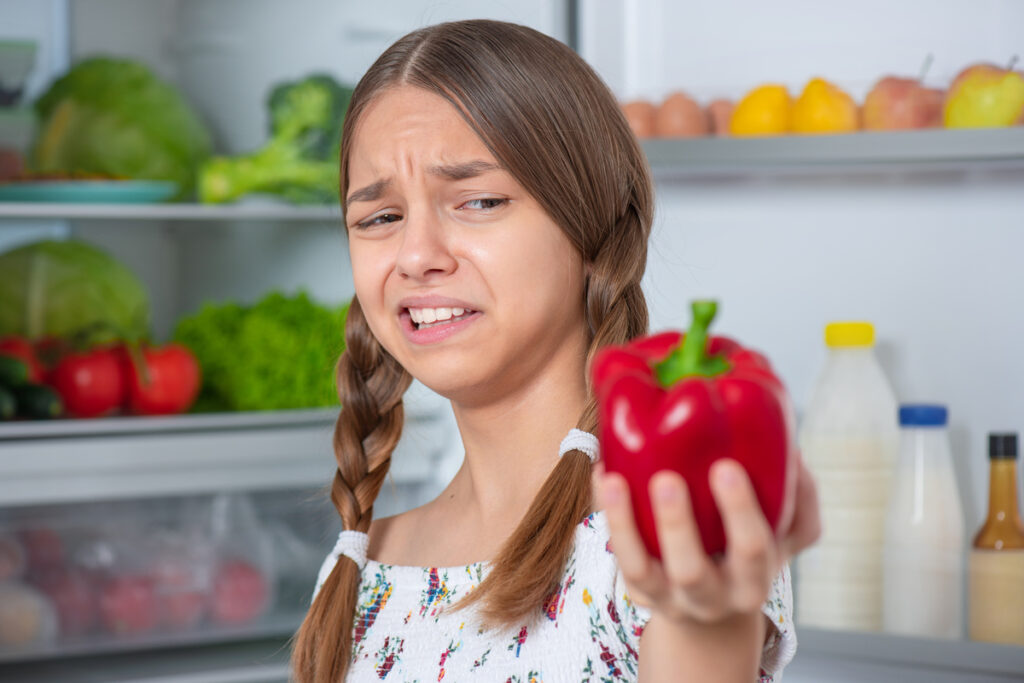
When we think of vegetables, we often imagine healthy, nutrient-rich foods that benefit our bodies. However, not all vegetables are as healthy as they seem. Some innocent-looking vegetables can become junk food when prepared or served in unhealthy ways.
15 Innocent-Looking Vegetables That Are Junk Food in Disguise







